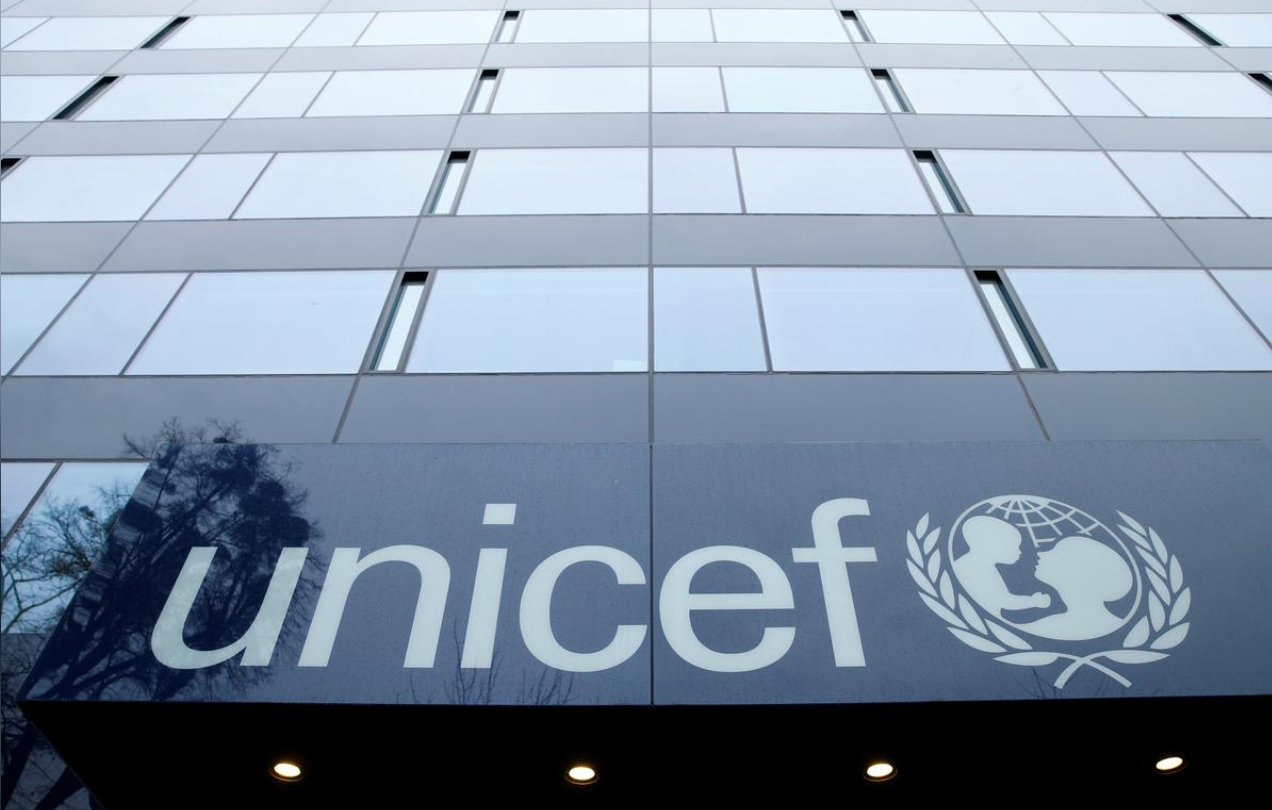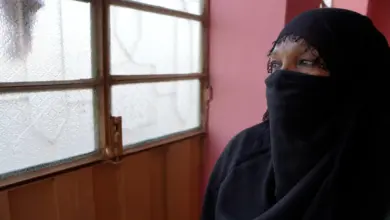
About three in every 10 children in Egypt suffer from multidimensional poverty, especially in rural areas and Upper Egypt, according to UNICEF’s Regional Representative in Egypt Bruno Maes.
During a forum on social protection in Egypt on Sunday, Maes praised the cooperation between the Ministry of Solidarity on one hand, and the International Labor Organization, the World Health Organization and UNICEF, on the other.
Based on a report regarding children’s multidimensional poverty in Egypt, the forum discussed government efforts to combat poverty and its causes through various social programs such as Takaful wa Karama (Solidarity and Dignity), and the comprehensive health insurance bill currently being prepared.
Maes stressed that Egypt has made significant progress in the field of childcare.
Child poverty is an important issue that UNICEF seeks to eliminate, Mars mentioned, adding that the organization supports all government agencies in Egypt that seek to eradicate poverty as part of the government’s 2030 strategy.
Poverty is not only about a lack of money, but also related to deprivation from several factors, including nutrition, education, protection, sanitation, housing, and access to information and water, Maes said.
A child is considered to be suffering from multidimensional poverty when it is severely deprived of at least two dimensions of the eight dimensions of child welfare, said Maes.
He attributed the poverty of children in Egypt to physical violence, malnutrition and lack of access to health services.
He pointed out that one of the most important policies to reduce child poverty is early integrated childhood development, eliminating violence against children, and the implementation of socio-economic development programs.
Edited translation from Al-Masry Al-Youm




